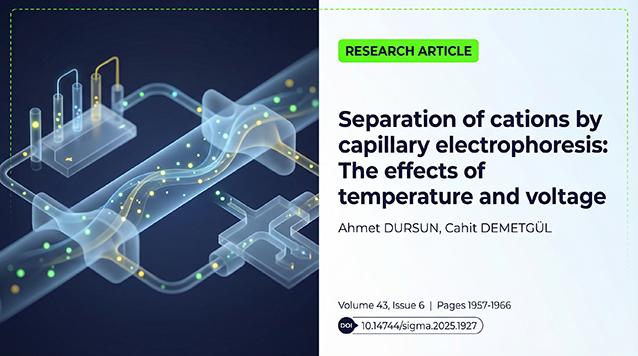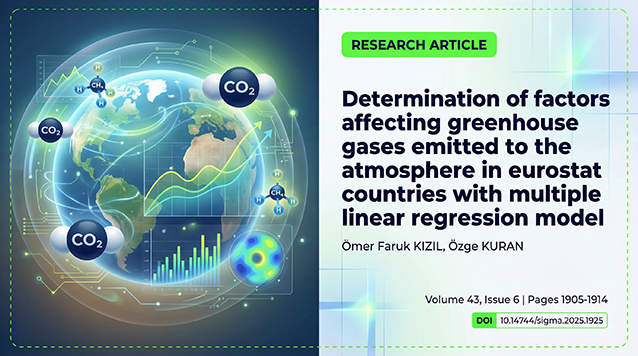2Department of Electric-Electronics Engineering, Higher Institute for Comprehensive Professions, Souq Al-Khamis, Tripoli, 13932, Libya
Abstract
The interest for microgrids has increased in the last decades, bringing important conditions such as energy efficiency, reduction of production pollution, reliability of the system. Microg-rid as a key of Smart Grid plays a vital role in power losses reduction, voltage profile improve-ment, mitigating the pollutant emission, enhance the reliability and quality of power system. In this paper the techno-economic and environmental analysis of Karabuk university Micro-grid are considered. The Microgrid of Karabuk university campus is simulated and analyzed by HOMER (Hybrid Optimization Models for Energy Resources) software for optimization, sensitivity, demand response and pollutant emissions. The results of the techno-economic and environmental analysis suggest the integration of new distributed generation for 25-years of service time. In the proposed scenario, legalized cost of energy is $0.284 with renewable frac-tion of 14.8%, net present cost and operating cost decrease to 11.28% and 21.21%, respectively. It has showed that the proposed hybrid microgrid system contributes to the clean university campus concept and provides the lowest cost of electricity with the best payback time.
















